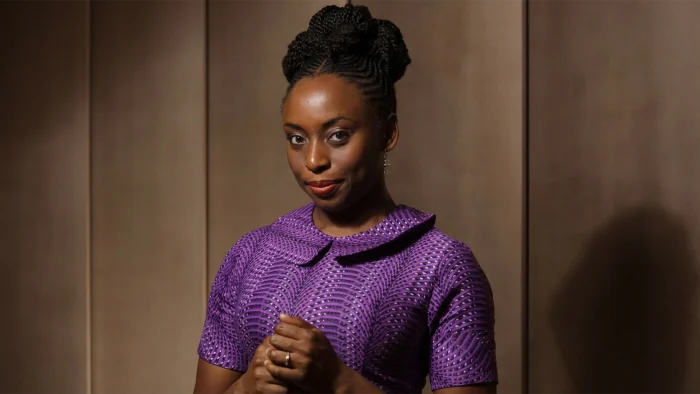
Lying since time immemorial has been categorised as nothing less than evil and bad. It is a deceitful act to lure people to do one’s bidding and paramount of all is it centres on selfishness.
While some people gruesomely engage in lies, some sparingly or scarcely do so, thus end up being disliked for having the virtue that bluntly speaks truth that should be emulated.
Well again lying is indisputably bad but again there are two sides to a coin. Therefore lying has another side not yet seen to be understood.
We all lie despite our attempts and high moral standards of various backings to shy away from it, though the demarcation between a pathological liar and non-pathological lairs is glaring.
As children, we are in certain structures built in an existing lie. Lying to create a utopia for kids to grow in till reality hits them hard, accordingly lying to give a sense of security, a baton that is therein passed on to the younger ones.
[ad]
The following are various ways that the good old “lying” can be helpful or probably save a life.
So one reason why lying can be helpful is it shows the developmental trait and growth of a child. According to a study published in the Journal of Experimental Child Psychology children who tell lies called “prosocial lies”, had higher performance on measures of working memory and inhibitory control so they can keep track of the inconsistencies of their fabrications.
According to scientists, “prosocial lie” is that lie told for the benefit of someone else and not the one lying.
While the contradiction to this is called “antisocial lie” which is a selfish lie told for personal gain.
Being a prosocial liar means more cognitive and emotional effort is invested in it.
Researchers have discovered that everyone develops the capacity to lie at the age of three and then from the age of five, all kids will lie to evade retribution. Again from the age of seven to eleven, they begin to lie to make others feel good or to protect others.
This is a lie built on empathy and compassion as stated earlier “prosocial lie” which is also famously known as “white lie.”
Hence, lying shows humanity in adults and kids engaged in it because empathy reflects their ability to put someone else’s shoes on to know where it hurts.
Again lying to safeguard one’s ego and pride. A scenario of praising an impressive ugly drawing of a child or adult is lying. But in order not to dampen the child’s spirit, perhaps to encourage the child, we then lie. The positive feedback the child has, in turn, helps in building the confidence of the child.
Sometimes too, in a bid to not sound rude or cruel we lie, like an instance of tasting a friend’s bad meal who gleefully asks for your opinion. In cases like this lying through the teeth seems like the way to go.
A child goes through what psychologists call “theory of the mind” which is a way of relating our skill to tell apart our own beliefs, intents, desire and knowledge from what others might have in mind. So prosocial lying according to specialists suggests that it mirrors the development of four distinct human capabilities empathy, compassion, theory of the mind and the combination of memory and imaginations that allows for a brilliant lie when considering the consequences of our words.
Is lying to protect someone’s interest a bad idea, especially when one is aware of a life-threatening situation or just want to take the pain for others? People lie for various reasons like protecting someone’s interest; to save a life to prevent danger. Lying also helps solve a crime story as depicted in the film, Knives Out.
Why do humans lie?
Lying is part of a developmental change that comes with being human and first taught unconsciously in homes.
Lying to lessen burden not to keep people in the know because the truth will hurt them psychologically is such a bad idea as long as there are no consequences the pure intent of a good heart invariably overrides all.
On the grounds of strict morals then religion, lying is thought to be bad, yes when used in ways that are devious and cruel as it is said, “heavy is the head that wears the crown”.
[ad unit=2]








